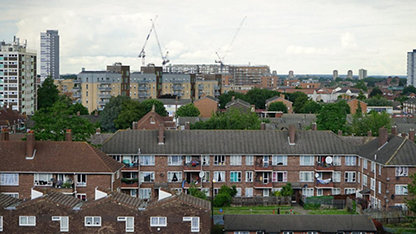RICS supports expanding housing supply across all tenures by:
- Utilising modern construction methods to enhance efficiency and also optimisation of existing stock – especially the repurposing of non-domestic properties for housing where suitable and ensures adequate quality standards.
- Reforming the planning system by properly resourcing and funding authorities, creating prescribed timeframes, embedding quality measures, and intervening to unlock the backlog of applications caused by recent nutrient and phosphate level guidance. RICS is also pushing for government to clarify reforms to Section 106 payments and the Community Infrastructure Levy.
- Supporting those in the PRS by calling on government to work with landlords on new regulations, ensuring sufficient timing, funding and resource is available.





